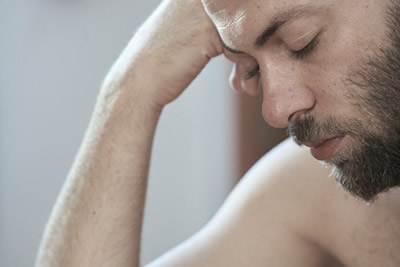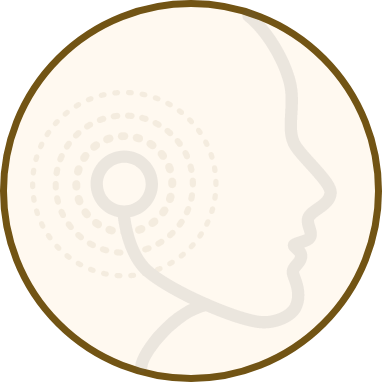 Hold your breath for a minute or so. Afterwards, you’ll likely to gasp for air to recover. Now, imagine doing that all night while you’re trying to sleep.
Hold your breath for a minute or so. Afterwards, you’ll likely to gasp for air to recover. Now, imagine doing that all night while you’re trying to sleep.
No wonder you’re tired in the morning and suffer from daytime fatigue. Not only are you irritable, it’s hard to concentrate. And you’re 4 to 9 times more likely to be involved in a motor vehicle accident.
That’s what it’s like to suffer from sleep apnoea.
Feelings of Suffocation
About 25% of Australians are at risk for sleep apnoea.
It was generally thought that older and obese males were the most susceptible. More recent research shows that this sleep disorder can affect just about anyone.
Sleep apnoea ranges from mild to severe. Which is determined by how many times you stop breathing for at least 10 seconds. In especially severe cases, a sleep apnoea sufferer may have their sleep interrupted hundreds of times a night.
Naturally, it’s hardly restful when your body feels like it is suffocating all night long!
Here at the TMJ Therapy Centre we see the entire spectrum of sleep related disorders. Our initial screening is used to determine whether you may be suffering from upper airway resistance syndrome or the more common obstructive sleep apnoea.
Upper Airway Resistance Syndrome (UARS)
Upper airway resistance syndrome was first identified in 1993. It’s characterised by the extra effort required to breathe while sleeping. The subtle resistance in the nose, throat and sinuses cause the individual to awaken briefly—without realising it. This prevents them from entering the more restful REM stage of sleep. Such individuals suffer daytime impairment and feel sleepy during the day.
Obstructive Sleep Apnoea
This is the more common and serious form of sleep disorder. This is when your throat muscles relax, blocking your airway while sleeping. This can dangerously lower the amount of oxygen in your blood. The most obvious sign of this form of sleep apnoea is snoring. Especially snoring that’s interrupted by periods of silence.
How We Help
Our care begins with a thorough examination. Then we can provide a proper diagnosis of your particular sleep issue. This permits us to tailor a customised treatment plan specifically for you. If required we may need to refer you to a specialist to confirm whether you have sleep apnoea or UARS.
The most helpful solution is often an oral appliance that is worn when you sleep. This shifts your lower jaw forward just enough so you can breathe more normally. Snoring is reduced. Sleep is improved. Your energy increases.
Join the many others in the Melbourne area who are sleeping better. Book an appointment for a thorough evaluation and find out how we may be able to help you.

